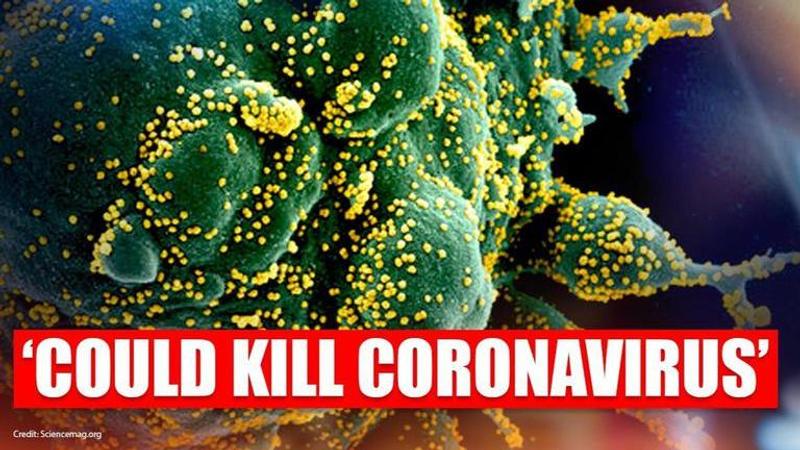Published 10:27 IST, July 25th 2020
COVID-19: Scientists hail T-cells after research proves antibiotics might disappear
T-Cells, which are a major component of the human immune system, reminded that the body’s defences rely on a lot more than antibiotics.

As the world races to develop antibiotics against coronavirus, a recently released data has thrown the spotlight onto T-Cells. T-Cells, which are a major component of the human immune system, not only reminded that the body’s defences rely on a lot more than antibiotics but proved that body’s inbuilt defenders stay for a longer period of time than the synthetic antibiotics.
Pharmaceutical brands laud T-Cells
Major Pharmaceutical brands including AstraZeneca Plc, Pfizer Inc. and partner BioNTech SE, as well as China's CanSino Biologics Inc., have all hailed the presence of these white blood cells in their vaccine recipients. Paul Griffin, an associate professor of medicine at the University of Queensland, who is leading clinical research of two potential COVID-19 vaccines in Australia has asserted that antibodies are only a very small part of the picture.
As the pandemic took the world by storm, scientists increased their focus on anti-biotics, proteins that kill foreign invaders in the human body. However, later studies published in journal Science showed that they wane quickly in patients with mild disease, giving a major blow to researchers who were pitched them as immunity boosters.
On the other hand, T Cells were found to kill virus-infected cells, remember past diseases for decades and immediately rouse ‘new soldiers in the battlefield’. An example of the efficiency of the T-Cell was found in people who were infected with the SARS epidemic in 2003. In addition, T-cells were able to recognize and respond to the disease, even today. This has now given hope to scientists that these cells might be able to bolster those patient’s defence against the COVID-19.
Updated 10:27 IST, July 25th 2020



